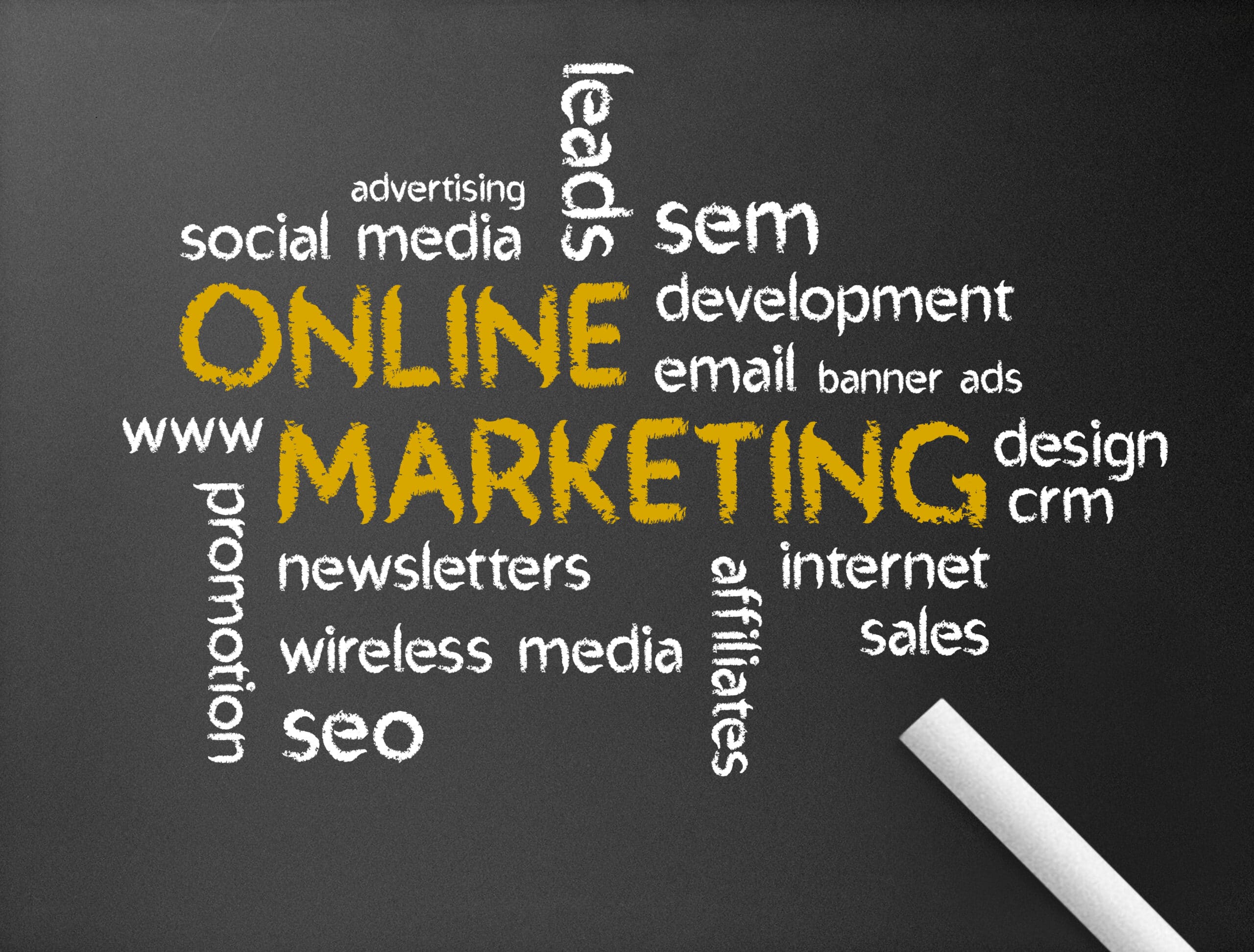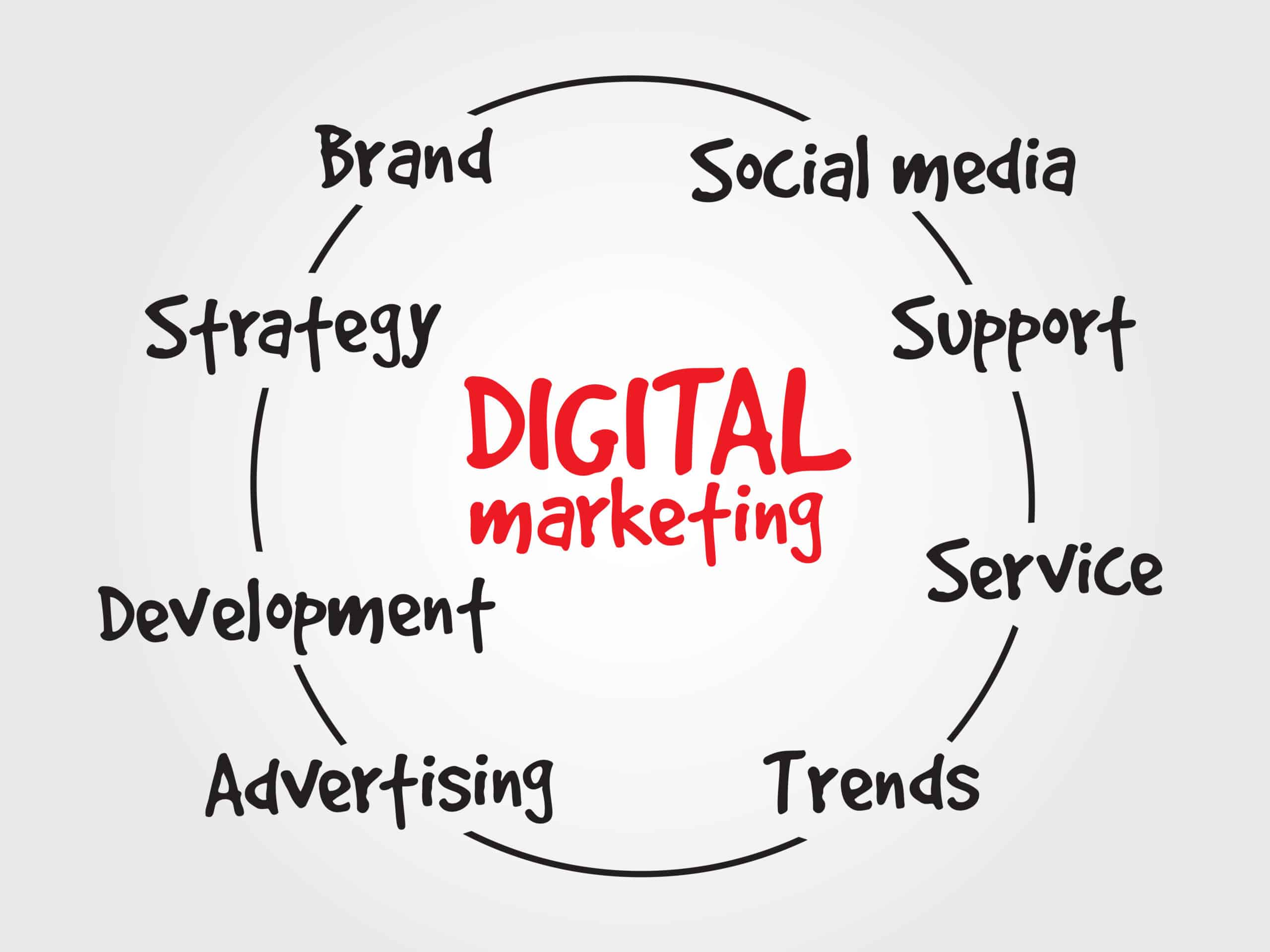In today’s fast-paced, technology-driven world, manufacturing companies face increasing pressure to stay competitive, generate leads and build long-term customer relationships. Traditional marketing methods like trade shows, cold calls and print advertising still have value, but they are no longer enough on their own. Buyers in the manufacturing sector — just like in other industries — are turning to online research before making purchasing decisions. This shift in behavior makes one thing clear: digital marketing is no longer optional for manufacturers — it’s essential.
In this blog post, we’ll explore why digital marketing is so important in the manufacturing industry, what strategies work best and how manufacturers can leverage digital tools to drive growth, improve visibility and strengthen customer trust.
Table of Contents
The Shift in Buyer Behavior

Gone are the days when potential customers relied solely on sales representatives or printed catalogs to learn about a company’s products or services. Today’s buyers are tech-savvy. They search online to find manufacturers, evaluate products and compare solutions before ever contacting a salesperson.
According to studies, over 70% of the buyer’s journey takes place online before engaging with a sales team. This means if your manufacturing company doesn’t have a strong digital presence, you risk losing valuable leads to competitors who do.
Digital marketing ensures your brand is visible at the exact moment potential customers are searching for solutions. By creating helpful content, optimizing your website for search engines and engaging through channels like social media and email, manufacturers can build trust and nurture prospects long before the first phone call.
Why Digital Marketing Matters for Manufacturers
1. Increases Brand Visibility
The manufacturing industry is highly competitive, with many companies offering similar products or services. Standing out is critical. Digital marketing allows you to expand your reach beyond trade shows and word-of-mouth by making your business discoverable online.
Search engine optimization (SEO), for example, ensures that when someone searches for terms related to your products or services, your company appears at the top of search results. This visibility builds credibility and puts your brand in front of potential customers 24/7.
2. Builds Trust and Credibility
Modern buyers want to work with manufacturers they can trust. They look for signs of reliability, expertise and consistency before making decisions. A strong digital marketing strategy that includes case studies, customer testimonials, blogs and videos helps establish your company as a trusted authority.
By sharing your knowledge through content marketing, you educate buyers while showcasing your expertise. This positions your company as a go-to resource in your niche, giving prospects confidence in your ability to deliver high-quality products and solutions.
3. Generates Quality Leads
Lead generation is a top challenge for manufacturers. Relying solely on trade shows or referrals limits your reach. With digital marketing, you can attract leads from around the globe.
Techniques like pay-per-click (PPC) advertising, SEO and social media marketing target specific audiences actively searching for your products or services. When combined with effective landing pages and calls-to-action, these strategies funnel high-quality leads directly to your sales team.
4. Provides Measurable Results
One of the biggest advantages of digital marketing over traditional methods is measurability. With tools like Google Analytics or marketing automation platforms, manufacturers can track website traffic, lead conversions, email open rates and more.
This data-driven approach allows companies to see what’s working and adjust strategies in real time. Instead of guessing, you’ll have clear insights into which campaigns generate the best return on investment (ROI).
5. Supports Long Sales Cycles
Manufacturing sales cycles are often long and complex, involving multiple stakeholders and decision-makers. Digital marketing helps nurture leads over time with consistent, targeted communication.
For example, an email marketing campaign can guide prospects through every stage of the buyer’s journey — starting with educational blog posts, moving to product comparisons and eventually highlighting customer success stories. This steady flow of relevant content keeps your brand top of mind until the buyer is ready to commit.
Key Digital Marketing Strategies for Manufacturers
Digital marketing is a broad field, but certain strategies are particularly effective for the manufacturing industry. Let’s break down the most important ones:
Search Engine Optimization (SEO)
SEO is the backbone of digital marketing. It will help your website rank higher in search engines when potential customers look for products or services you offer. SEO for manufacturers includes:
- Optimizing product and service pages with relevant keywords.
- Writing blog content that answers common customer questions.
- Improving website speed and mobile usability.
- Building backlinks from reputable industry sources.
A strong SEO strategy ensures your company appears when it matters most — when prospects are actively searching for solutions.


Content Marketing
Manufacturing buyers often need detailed information before making a purchase. Content marketing allows you to provide that information through blogs, thought leadership pieces, informative resources, case studies and videos.
For example, a manufacturer could publish how-to guides for using their products. This type of content educates the reader while positioning your company as an expert in the field.
Content marketing also boosts SEO efforts by providing fresh, keyword-rich content for search engines to index.
Email Marketing
Email marketing is one of the most effective ways to nurture leads and maintain relationships with existing customers. For manufacturers, it can be used to:
- Share product updates or new launches.
- Send educational blog posts.
- Deliver helpful resources like case studies.
- Send personalized messages to different customer segments.
When combined with automation, email campaigns can make sure prospects receive timely, relevant information without overwhelming your sales team.


Social Media Marketing
While manufacturers may not think of social media as their primary marketing channel, it’s a powerful tool for brand building and engagement.
Platforms like LinkedIn, Facebook and even YouTube allow you to showcase your products or services, highlight company culture and connect with industry professionals.
For example, LinkedIn is particularly effective for B2B manufacturers. Sharing blogs, videos and updates helps position your company as an industry thought leader while expanding your professional network.
Pay-Per-Click (PPC) Advertising
For manufacturers looking to generate leads quickly, PPC advertising is a valuable tool.
PPC advertising is designed to communicate directly with your target market about the products or services you offer.
Platforms like Google Ads allow you to bid on keywords relevant to your business and appear at the top of search results instantly.
The advantage of PPC advertising is precision targeting — you can choose exactly who sees your ads based on location, industry, job title and more.

Benefits of Digital Marketing for the Manufacturing Industry
Implementing a strong digital marketing strategy brings a wide range of benefits to manufacturers:
- Global Reach: Expand beyond local or regional markets.
- Cost-Effectiveness: Digital marketing often delivers a higher ROI compared to traditional marketing methods.
- Customer Insights: Gain valuable data about buyer behavior and preferences.
- Stronger Relationships: Stay connected with leads and customers throughout their journey.
- Competitive Edge: Outperform competitors who haven’t embraced digital strategies.
In short, digital marketing levels the playing field, allowing manufacturers of all sizes to compete effectively.
Common Challenges Manufacturers Face with Digital Marketing
While digital marketing is powerful, manufacturers often face challenges when implementing it:
- Lack of Resources: Many manufacturing companies operate with lean marketing teams.
- Complex Products: Explaining technical products in simple, engaging ways can be difficult.
- Long Sales Cycles: Nurturing leads for months or years requires consistent effort.
- Resistance to Change: Some companies still rely heavily on traditional methods and hesitate to invest in digital.
Overcoming these challenges requires commitment, expertise and sometimes outside help from digital marketing professionals who understand the manufacturing space, like Driven Digital.
The Future of Digital Marketing in Manufacturing
The role of digital marketing in manufacturing will only grow in the coming years. Emerging technologies like marketing automation and advanced analytics are making it easier than ever to target the right customers with personalized content.
Additionally, video marketing, virtual product demonstrations and interactive tools will become more common, allowing manufacturers to showcase their products or services in innovative ways. Those who embrace digital transformation now will be better positioned to thrive in the future.

Moving Forward with Digital Marketing
The manufacturing industry is evolving, and so are its buyers. Today’s customers expect easy access to information, trust signals and seamless online experiences. Digital marketing is the key to meeting these expectations while driving growth, generating leads and staying competitive.
By investing in strategies like SEO, content marketing, email marketing and social media marketing, manufacturers can build stronger relationships, gain measurable results and set themselves apart from competitors who have yet to embrace digital transformation.
If you’re ready to take your manufacturing company’s marketing to the next level, digital marketing is the answer.
Ready to Strengthen Your Digital Marketing Strategy?
At Driven Digital, we specialize in helping manufacturers like you maximize online visibility, generate quality leads and grow stronger customer relationships. Let’s talk about how digital marketing can transform your business.
